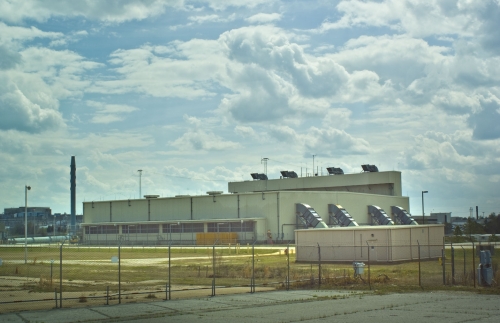
"[Reprocessing] has various drawbacks ... One is that extraction and processing cost much more than the new fuel is worth. Another is that recycling the plutonium reduces the waste problem only minimally. Most important, the separated plutonium can readily serve to make nuclear bombs if it gets into the wrong hands."von Hipel concludes that "the advantages of the scheme pale in comparison with its dangers" and recommends "storing the waste in casks until an underground repository is ready." (Anyone who would like to learn more about the pros and cons of reprocessing may want to read von Hipel's article. It presents a balanced look at the issue, and it is surprisingly easy to read.)